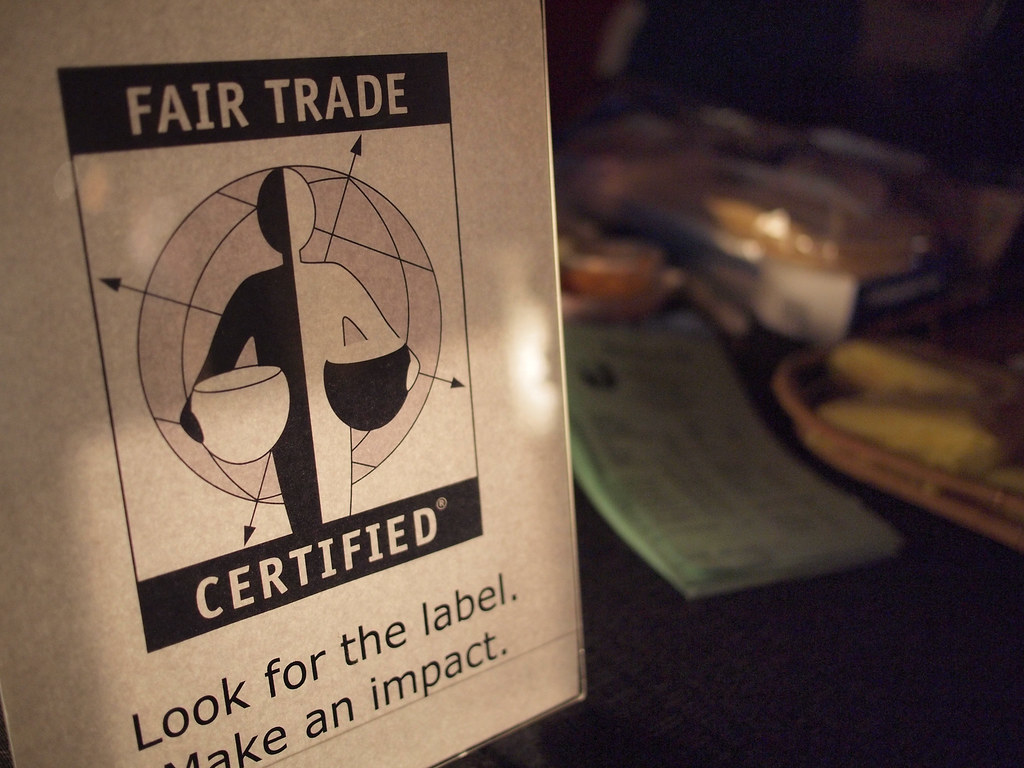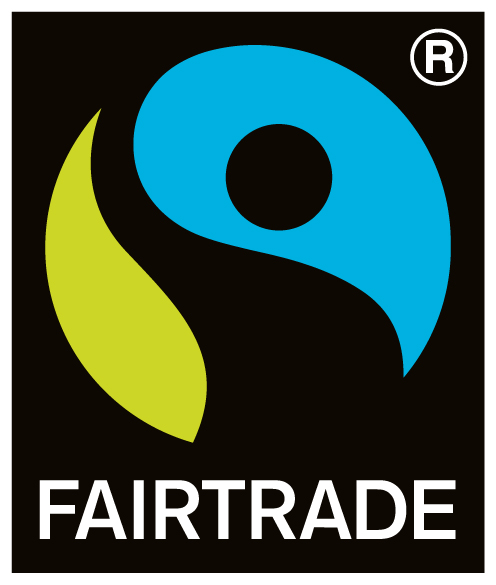By Eleni Papageorgiou,
Since the early days of humans living on Earth, trade has always been a necessary preoccupation that signified an organized community with rules that had to be followed. In prehistoric times, trading was an exchange of goods and services rather than a flourishing profession, as it was later developed. Trade routes date back to the 3rd millennium B.C. with Sumerians and Phoenicians being the first real traders traveling across the Indus Valley and the Mediterranean Sea. The Greeks and Romans also devoted much of their time and effort to importing or exporting goods. During the Middle Ages, commerce went on with banking systems appearing and changing the whole meaning of it. Today, trade is a quite complex system of companies that try to maximize their profits at the lowest production cost.
As for “Fair Trade”, it is a relatively new term and practice. What is it all about? It is a movement that promotes an alternative trading process. Its main target is not the maximum profit, but the elimination of poverty in developing countries. For that reason NGOs (non-governmental organizations) and co-operations/associations in the developed world buy products from small producers in the developing world, respecting human rights and the natural environment at the same time. These products are then distributed to specific shops around the world, called “Worldshops”. The absence of in-betweens dramatically changes the distribution of profits, leaving enough money to the producers to survive and prosper.

The criteria of Fair Trade are the following:
- Payment of a fair price between the producers and the distributors through productive dialogue: 50% of that price is given to the small producers in advance for them to face the costs of production and the rest is given to them upon delivery of the goods
- Transparency and responsibility: Fair Trade works with transparent committees that are just towards their trading partners
- Commercial relations: Long-term co-operation and support of small producers, even in cases of natural disasters to avoid bankruptcy
- Equality of sexes: Women’s work is appreciated and fairly paid. In this way, their role in the local communities is strengthened
- Respect for the natural environment: Responsible handling of the land, with no pesticides and fertilizers used. Clean farming is supported
- In small producers’ unions, everybody is welcomed and each one has a word in the decision-making process
- Building of communities: Producers invest part of their profits in the community to ameliorate their living conditions and standards of everyday life.
OK, the criteria have been put in the press release, but how do we know -as consumers- that the money we spend on buying Fair Trade products does go back to the small producers and, in this way, we become part of this healthy trading process?
Well, all Fair-Trade products are certified, which means that there is constant internal and external checking to secure that all of the above mentioned criteria are respected, and profit is suppressed to the minimum. The quality of the products is the same, even better than the conventional ones. Sometimes Fair-Trade products are slightly more expensive, but the explanation is simple: they are more expensive because their price is fair towards everyone. Very cheap conventional products, most of the time, means cheap labor is involved and sometimes under slavery conditions and, of course, no respect for the environment. Huge amounts of coffee, bananas, sugar, or tea presuppose difficult working conditions and vast profits for in-betweens.

The “Worldshops” through which consumers can buy Fair Trade products are all certified spots and are run, mostly, by volunteers. Not everybody though is working for the chain on a volunteering basis. Certain positions are paid positions, but they have nothing to do with huge amounts of money, trust, or publicity.
In Greece, there is an NGO called Fair Trade Hellas which was founded in 2004. It has been approved by the WFTO and it is the Greek representative of the CTM-Altromercato Association with members in Italy, Portugal, Malta, and France.
Whoever wants to contribute to Fair Trade, can search the net for Fair Trade products, knowing that he/she will contribute to an international attempt to support local produce and small farmers, while eliminating poverty in the dawn of the 21st century.




